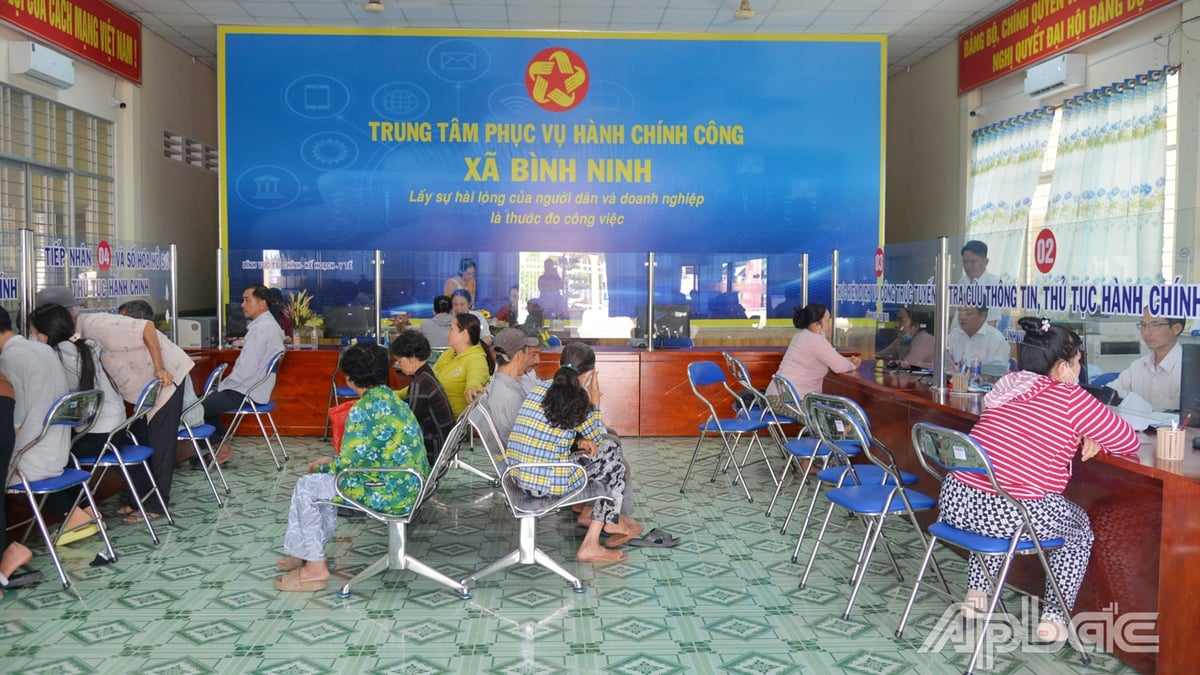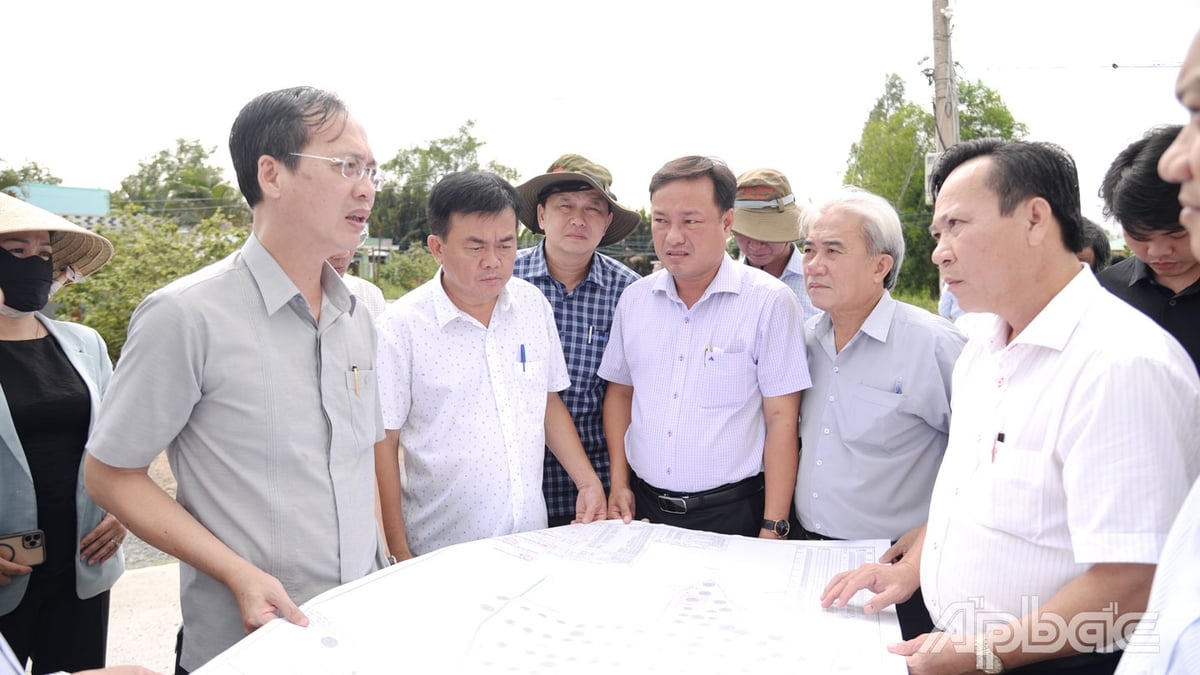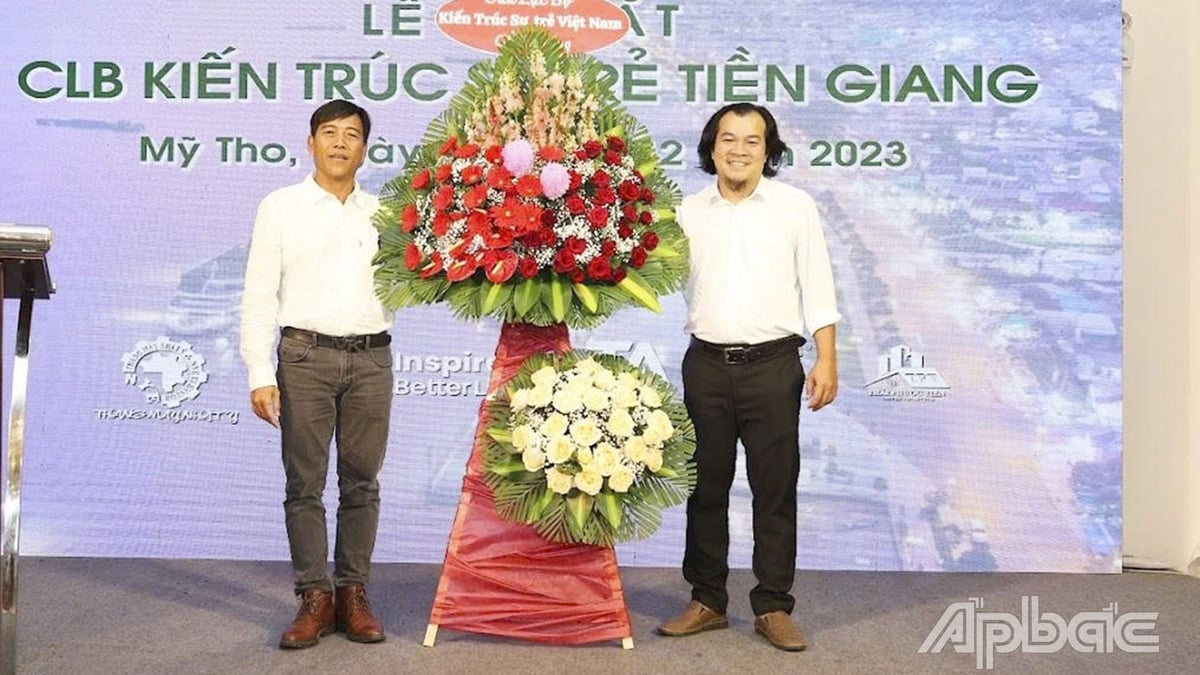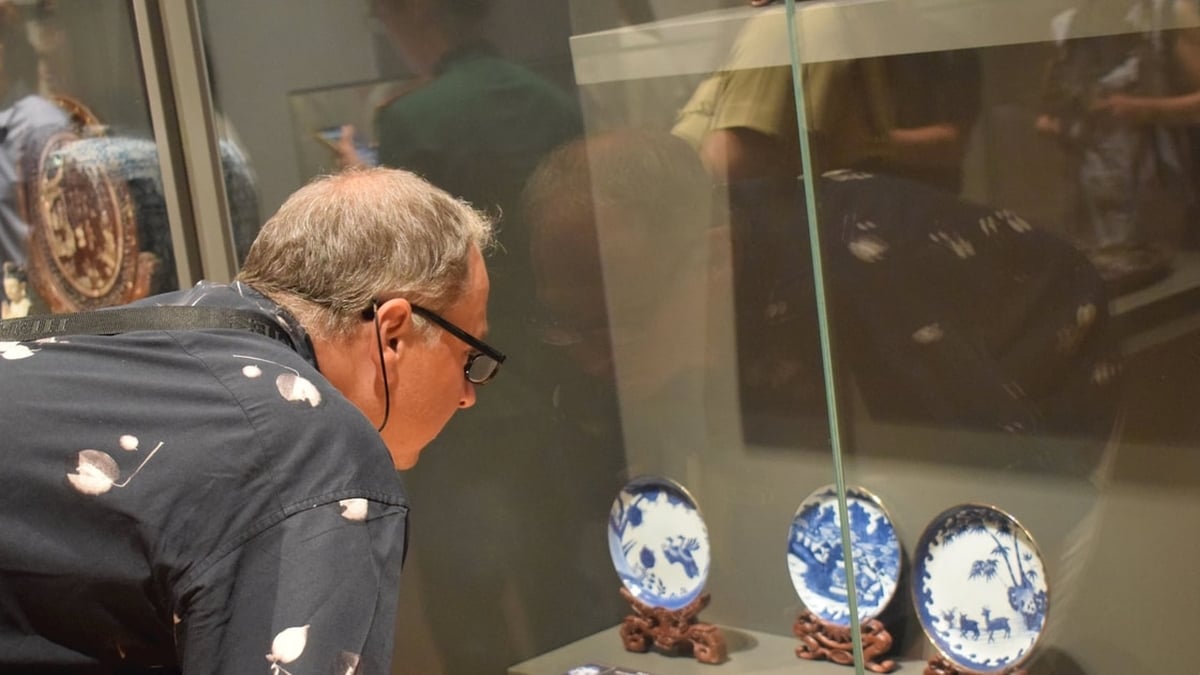 Village elder K'Loc (right) and everyone in the farm tool forging village.
Village elder K'Loc (right) and everyone in the farm tool forging village.
Keep the fire of blacksmithing alive
“Every time there is a fire, several families in the village forge together to save firewood and labor; at the same time, they learn and exchange experiences and forging techniques with each other to create the best products” - That is the confession of Mr. K'Me, a Ma ethnic, in Bu Gia Ra village, Dong Nai Thuong commune.
To find out how long the blacksmithing profession of the Ma ethnic group here has existed. Through the elderly blacksmiths, we know: Blacksmithing has existed for a long time. When the Ma people reach adulthood, they are passed on the blacksmithing profession by their fathers or relatives. Only men pursue this profession. And so, the next generation follows the previous generation to preserve the blacksmithing profession until today.
In the past, the blacksmithing profession in Dong Nai Thuong commune was very developed. This is the farthest area of Lam Dong province; about 35 km from the center of Cat Tien district, on a steep and dangerous road, and more than 200 km from Da Lat city, Lam Dong province. 15 years ago, this place was like an oasis. The Ma villages were nestled in the middle of primeval forests, isolated and isolated from other regions in the province. To go to the market to buy essential goods, one had to cut through the forest and wade through streams, which took more than a day. During the rainy season, traveling was very dangerous and took even more time. In order to adapt to life in the wilderness, the Ma people had to be proactive, creating necessary farming tools such as: rakes, hoes, shovels, pliers, clamps, spears, axes, arrows... to serve in daily life, production labor, and preventing wild animals. Therefore, almost every Ma family knows the blacksmithing profession.
Currently, Dong Nai Thuong commune is no longer isolated. Asphalt roads have reached the commune center. Ma villages such as Da Co, Bu Sa, Bu Gia Ra, Be De, and Be Nao have changed dramatically. Goods are traded conveniently. However, blacksmithing still holds an important position in the Ma ethnic minority area here. Dong Nai Thuong commune currently has about 40 households maintaining the blacksmithing profession. A skilled worker can make 4 to 5 products a day. While forging a knife, village elder K'Loc said: "Many secrets, techniques, and experiences of blacksmithing have been accumulated from many generations of Ma people to produce the best products. I learned how to do this job when I was only 14 years old and have maintained it until today. This year, I have over 70 farming seasons, I must try to pass it on to the younger generation. So that the blacksmithing profession of our Ma people will not be lost."
 Brocade weaving cooperative of the Ma people in Upper Dong Nai
Brocade weaving cooperative of the Ma people in Upper Dong Nai
Bring brocade products far and wide
Along with the blacksmithing profession, the brocade weaving profession in Dong Nai Thuong commune is being preserved and developed until today. With the skillful hands of the women in the mountainous region, the brocade weavings here are made, diverse in color, pattern and design. It is the brocade products that bring different emotions to users. To maintain and develop the brocade weaving profession here, Dong Nai Thuong commune has established a brocade weaving cooperative with 22 participating women. Talking with Ms. Dieu Thi Choc (64 years old, Ma ethnic group, in Bu Gia Ra village), she said: “Our brocade weaving cooperative was established nearly 10 years ago, creating very favorable conditions for the brocade weaving of local people. Although brocade weaving is not a profession that makes a lot of money, this is a traditional profession, a cultural beauty of our people, so we want to pass it on to the next generation to maintain and promote the brocade weaving profession”.
 Colorful brocade products woven by the hands of the Ma people
Colorful brocade products woven by the hands of the Ma people
As a senior artisan and a person directly involved in teaching the craft of brocade weaving to women in the village, Ms. Dieu Thi Choc is very proud and excited that the traditional brocade weaving culture of her people is being restored, preserved and conserved by the local government. With the dedicated and enthusiastic instruction of the women and mothers in the village, the Ma people have been able to weave unique brocades with their own hands.
In the past, brocade products were mainly used to make loincloths, skirts, shawls, blankets... for family use. Now, the Ma people in Dong Nai Thuong have made many brocade products with diverse and beautiful designs and many other uses such as handbags, decorative items, wallets, hats... to meet the needs of customers. These products are not simply commodities but also represent the cultural identity of the Ma people. During festivals, the brocade costumes of the Ma people have the opportunity to be displayed for tourists from all over the world to know.
 Elderly Ma women attend the festival in colorful brocade costumes.
Elderly Ma women attend the festival in colorful brocade costumes.
Mr. Le Quang Chuong, Chairman of Dong Nai Thuong Commune People's Committee added: “Most of the elderly Ma women in the commune know how to weave brocade. That is also a strength of the locality. To preserve and promote the traditional brocade weaving craft of the Ma people here, we have established a Brocade Weaving Cooperative. Up to now, this Cooperative has been operating regularly, both creating jobs for women during the off-season, and introducing and promoting unique local products to domestic and foreign tourists; at the same time, promoting the teaching of brocade weaving to the young generation of the Ma ethnic group”.
Although the current life of the Ma ethnic people here still has many difficulties. But they still cherish and preserve the traditional crafts of their people until today. Those are blacksmithing, brocade weaving... are vivid, unique, and typical evidence of the Ma ethnic people in the Heroic Commune of the People's Armed Forces - Dong Nai Thuong in the majestic Southern Central Highlands.



































































































Comment (0)